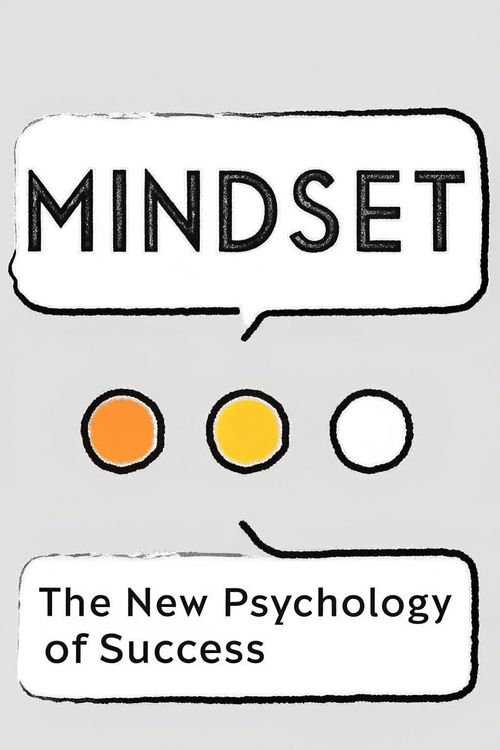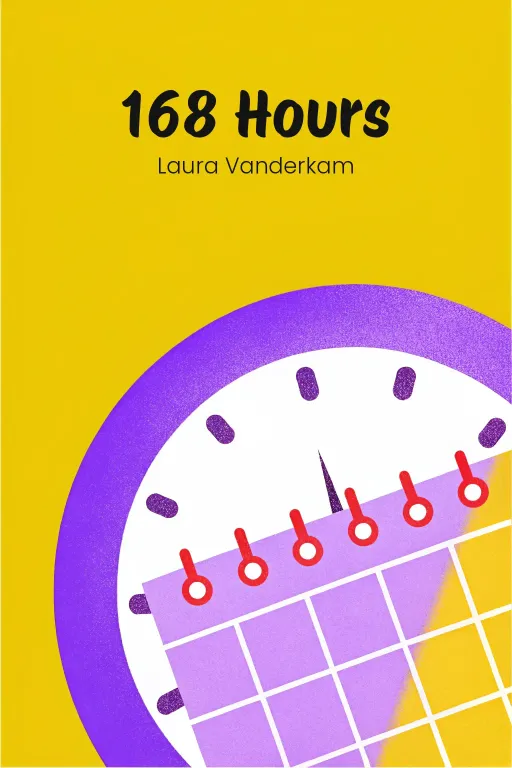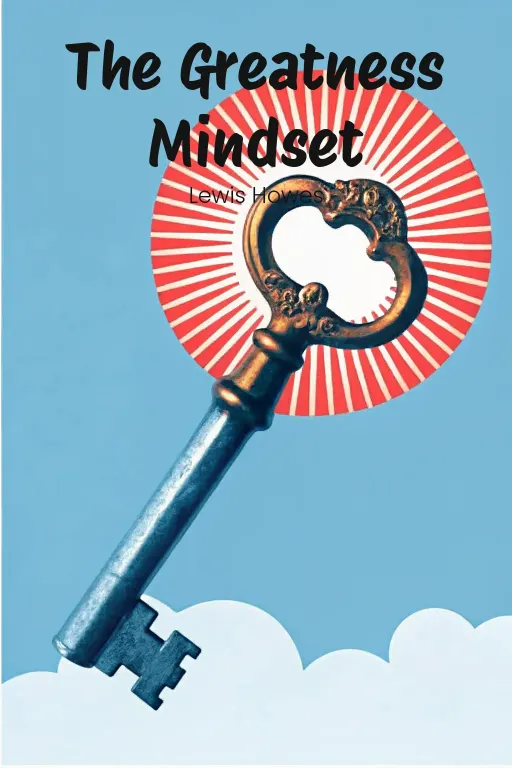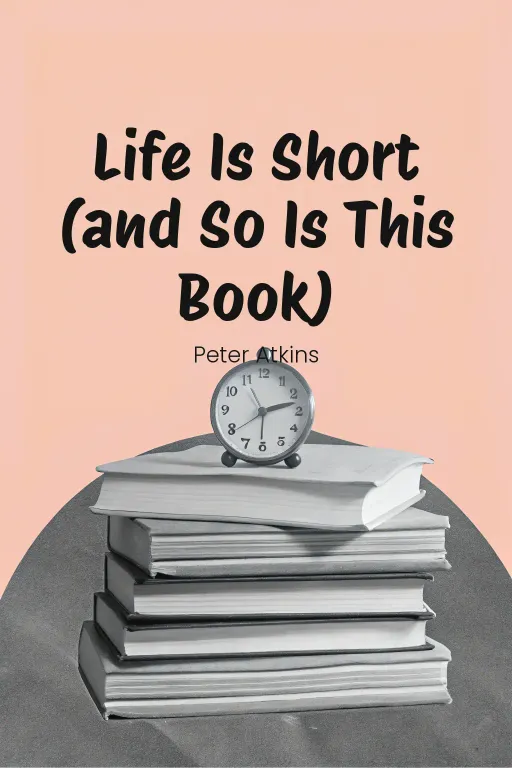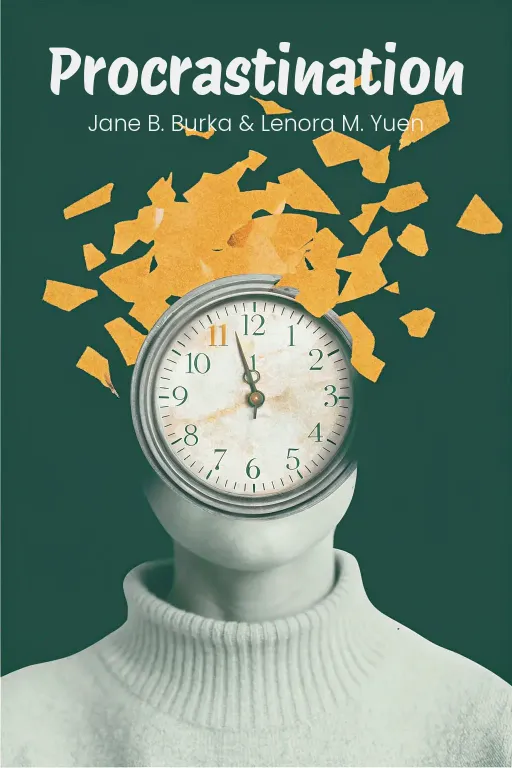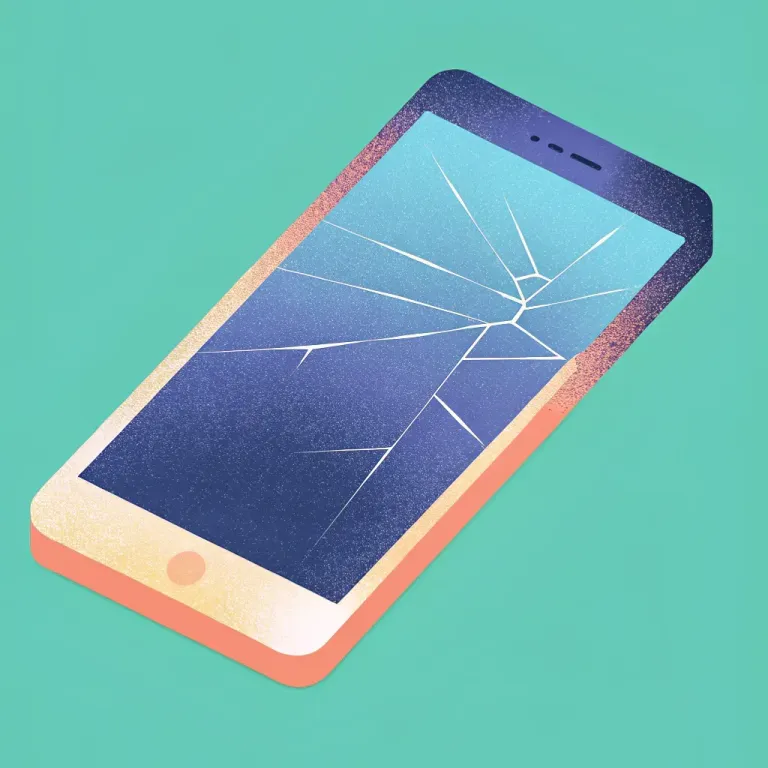
Phone Addiction: Reclaim Your Focus!
Podcast by Beta You with Alex and Michelle
The 30-Day Plan to Take Back Your Life
Phone Addiction: Reclaim Your Focus!
Part 1
Alex: Hey everyone, welcome to the show! Today, we're jumping into something super relevant: our love-hate relationship with our smartphones. Michelle, tell me, does your phone ever feel like that “really” clingy friend who just won't give you a break? Michelle: Ugh, tell me about it. Except, this friend also spies on me, butts into my dinner, and, I swear, knows when I'm seconds away from being bored. It’s not just clingy, it's strategic. So, are we basically just puppets dancing to Silicon Valley's tune here? Alex: In a way, yes! That's actually what the book we’re discussing today reveals. It exposes how smartphones have been designed almost like digital slot machines, preying on our attention and exploiting our psychological quirks. The good news? It also offers a 30-day "breakup plan" to help us break free from their grip. Michelle: A breakup plan? Okay, so are we talking about ghosting our phones completely? Do we need to prepare some kind of "It’s not you, it’s me" speech? Alex: Not exactly! It's more about building healthier, more conscious habits. We're going to dig into how tech impacts our mental health, our ability to focus, and even our memory. Then, we'll explore the science behind why these devices are so addictive, and most importantly, how we can take back control. Michelle: Sounds like a much-needed survival guide for the distraction age. So, we’re talking digital slot machines, the insidious cost of our sanity, and ways to unplug without becoming a complete recluse. Alright, let's do this—time to reclaim our attention spans.
The Addictive Design of Smartphones
Part 2
Alex: Exactly . So, to start taking back control of our attention, we first need to get why these devices are so magnetic . Let's start by thinking of smartphones as modern slot machines . Michelle, knowing your love for metaphors, picture this: every time you grab your phone and swipe, you're pulling a lever, hoping for a random reward . And it's designed that way on purpose . Michelle: So, my phone is basically Vegas in my pocket? Except instead of hitting the jackpot with cash, I'm hoping for a notification, a like, or that one meme that perfectly captures my mood . Is that it? Alex: Precisely ! And that unpredictability is what “really” hooks you . The underlying principle here is “variable rewards.” It’s straight out of behavioral psychology . Think of gamblers: they keep playing because they don’t know when the next payout will be . We keep checking our phones for the same reason – that next like, retweet, or DM . It's that uncertainty that gets us . Michelle: Okay, but shouldn't my brain eventually figure this out? I mean, after scrolling through Instagram fifty times and seeing nothing but ads and brunch photos, shouldn't I logically conclude, "This isn't worth it"? Alex: Logically, yes, that makes sense . But dopamine changes the game . Every time you get one of those unexpected rewards – a notification, a funny post – dopamine floods your brain . That’s the neurotransmitter linked to pleasure and motivation . Your brain lights up, saying, "That was fun, let's do it again!" And eventually, even the anticipation of that reward can become addictive . Michelle: So, it's less about the actual reward and more about the chase itself . Great, now my entire feed feels like a terrible dating app – all swiping and little payoff . So, were social media apps designed like this on purpose, or is it just a happy accident? Alex: Oh, it’s absolutely intentional . Developers have studied this stuff inside and out . Platforms like Instagram, Facebook, and TikTok are purposefully engineered to capitalize on that "chase," presenting content in a way that maximizes engagement . That endless scrolling and refreshing to see "what's next" isn't random – it's addictive by design . Michelle: So, I'm picturing a room full of engineers in Silicon Valley, brainstorming ways to keep me scrolling at 2 a.m . That's comforting . Alex: You're not far off . Tristan Harris, a former design ethicist at Google, has basically confirmed that these companies consciously manipulate our brains using things like timed notifications and engaging interfaces . He calls it the "attention economy," where the goal is to grab and monetize as much of your attention as possible . Michelle: "Attention economy"—I like that . Somehow, they've turned my ability to focus into currency . But what's the real cost of all this, Alex? Besides me missing half of every movie night because I'm "just checking one thing" . Alex: The cost is pretty high, Michelle . On the surface, it's fragmented attention spans and lost productivity . Studies show the average American checks their phone around 47 times a day . And it’s even higher for younger people, like 82 times . That's practically obsessive behavior . But deeper down, it's causing mental health issues like stress, anxiety, and poor sleep . And that blue light from your screen messes with melatonin production, which messes with your sleep cycle . Michelle: I knew about the blue light . My phone nags me about "Night Mode" every evening . But stress and anxiety? Is it just the constant notifications, or is there more to it than that? Alex: It's both . Constant interruptions create a cycle of distraction and unfinished tasks, which stresses your brain . And socially, it can do even more damage . Think about "phubbing"—ignoring someone to look at your phone . It's been shown to harm relationships and create feelings of loneliness, even though we think we’re more connected than ever . Michelle: Wait, "phubbing"? That's a real word now? As if ignoring people wasn't bad enough, we had to label it? Alex: Sadly, it's a recognized phenomenon . Phones, which are supposed to connect us, often end up isolating us from the people physically with us . That paradox is one of the most harmful outcomes of smartphone dependence . Michelle: So, my phone is making me less productive, more anxious, and actively sabotaging my social life . Fantastic . But here’s my pushback, Alex: are we putting too much blame on the tech? Isn't part of the problem just… us? Don't we have some personal responsibility in how we use these devices? Alex: You're right, personal responsibility is definitely important . But, can you truly hold someone accountable when their brain is being manipulated by designs they don’t even realize are working against them? That’s why awareness is the first step . When people understand why their phones are so hard to put down, they can resist those tactics and reclaim their attention more easily . Michelle: Fair enough . It feels like you're fighting a rigged game when your dopamine is being hijacked . So, if awareness is the key, how do we turn that awareness into action? Because deleting every app and smashing my phone with a hammer sounds kind of extreme, yet tempting . Alex: It’s about mindful use, not complete abstinence . Just turning off unnecessary notifications, setting boundaries – like no phones during meals or in bed – and creating “phone-free zones” can make a big difference . These actions force us to use technology on our terms, instead of falling into the automated loops it's designed to create .
The Cognitive and Emotional Toll
Part 3
Alex: So, understanding this design is really the first step to taking back control, right? We've talked about why these devices are so addictive. Now, let’s dig into the real substance: the cognitive and emotional cost. This builds on everything we’ve already discussed about the addictive design, and shows exactly how it messes with our brains, our emotions, and our everyday interactions. Michelle: Okay, so the plot thickens. It’s not just that I’m glued to my phone, you're saying it’s actively making me… what? Dumber? More stressed? Help me out here. Alex: Well, more distracted, more forgetful, and, yes, often emotionally depleted. Let’s start with attention. Research has been really consistent; our smartphones are fragmenting our ability to focus. Think of your brain like a high-performance athlete—every time you switch your focus from one thing to another, it’s like asking that athlete to sprint without warming up. There is a cost, in terms of time and energy, just to get back into the rhythm. Michelle: That makes sense. But here's where I get hung up: isn’t multitasking supposed to be this modern superpower? I mean, I’m answering emails, scrolling through TikTok and eating lunch. That’s like, three birds, one stone, right? Or am I just doing all three badly? Alex: You actually nailed it there! Research shows that people who multitask more think they’re being more productive, but studies, like the one out of Stanford, suggest that heavy multitaskers are actually worse at filtering distractions and switching between tasks efficiently. It’s counterproductive. Michelle: Ah, the irony! So here I am juggling all these apps, thinking I’m some kind of productivity ninja, but really I’m just… dropping all the balls. Alex: Pretty much, yes! And this constant task-switching isn’t just a harmless thing. It rewires your brain for shallow thinking. It prioritizes adrenaline over real depth. Michelle: Alright, so smartphones are ruining our ability to focus deeply. But what about memory? You mentioned something called "digital amnesia." Are we talking about forgetting where I put my keys, or is it more like forgetting some clever thought I had five minutes ago? Alex: It’s more systematic than just misplacing your keys. Digital devices let us offload memory tasks – think of your phone as a second brain that stores phone numbers, schedules, grocery lists, everything. And while that’s convenient, it weakens our natural memory encoding over time. Michelle: Wait, so by "offloading memory”, are you saying my brain is outsourcing its job to my phone? Alex: Exactly! Instead of actually committing things to memory, we just remember where to find the information. This has been widely studied, and the irony is, the more we rely on these tools, the harder it becomes to recall even basic details without them. Michelle: Okay, so we’re creating this over-reliance. Let me guess, you have a personal example? Alex: Of course! Think about the last birthday party you planned. Without your phone reminding you, could you recall the guest list, the timing, the everything? A lot of people couldn't. It’s a result of that reliance on our technology. And the kicker is, when people had to function without their phones, one participant even said they couldn’t remember how to get through a basic shopping list! They felt disoriented, kind of lost. Michelle: Alright, that hits close to home. My notes app might as well be the keeper of my sanity around here. This is starting to sound like a vicious cycle though: our phones make us forgetful, which makes us more dependent on our phones, and round and round we go. Alex: Exactly! And then you have the emotional stress on top of that. Constant notifications, that persistent need to check updates, it creates a mental environment of urgency. It’s linked to heightened anxiety, poor sleep, a decrease in overall life satisfaction. Michelle: I see where this is heading; my relationship with my phone isn’t just… clingy, it’s toxic. I mean, it's the reason why I'm scrolling at midnight and can't fall asleep. Is that partly the infamous blue light situation? Alex: Blue light is definitely a factor. It tricks your brain into thinking it’s still daytime, delaying melatonin release, disrupting your sleep cycle. But beyond the blue light, there’s the bigger issue of just mental overstimulation. The book talks about a lecturer who found herself unable to sleep after hours of scrolling! The fatigue just built up, eroding both her mood and her productivity. Michelle: So let me get this straight: I’m tired because I’m stressed, I’m stressed because I’m always connected, and I'm connected because technology made it so easy I didn't even think twice about it? Alex: That's the cycle, Michelle. And what’s worse, smartphones also damage the quality of our interactions with other people. You’ve heard of "phubbing," right? Michelle: Oh, the delightful act of ignoring a real person in favor of your phone. Very modern manners. Alex: It’s way more common than we think. The book mentioned a group of friends who met for coffee, but instead of actually catching up, they spent most of the time on their phones. Afterwards, several admitted they felt just as disconnected as if they hadn't met at all. Michelle: Wow, so even when we’re physically present, we might as well not be. Like, connections are paper-thin, and yet we’re saturated with them? Love that for us. Alex: It’s a paradox! The tools that are supposed to connect us often leave us feeling more isolated. Social media, for example, highlights these curated versions of other people’s lives, which creates feelings of inadequacy and loneliness. Michelle: Okay, so let’s sum this up: my phone is frying my focus, pushing my memory into the digital cloud, stressing me out, disrupting my sleep, and torching my relationships. But hey, my screen time report says I spent four hours yesterday on inspiration reels, so life’s great… right? Alex: A little bleak, but not wrong. Still, it’s not all doom and gloom, you know? Recognizing these impacts is really the first step to breaking the cycle. Michelle: Alright, I'm listening. What's the antidote? Do I need to move to a remote cabin with no Wi-Fi? Alex: Definitely not that extreme. It’s about mindfulness and intentional habits. For example, single-tasking instead of multitasking, carving out phone-free time, and using apps to monitor your screen time, all actionable steps. Even small things like putting your phone in another room during meals can help limit its constant pull. Michelle: I like that idea: not a breakup, just… a firm redefining of boundaries. Kind of like drawing the line with that friend who always overstays their welcome. Alex: Precisely! It’s about shifting from mindless use to mindful use. By understanding the underlying mechanisms behind our tech habits, we can actually change them, and take back control.
Strategies for a Healthier Relationship with Technology
Part 4
Alex: Recognizing all these effects really highlights the need for change, right? And that's what we're focusing on now: practical strategies for a healthier relationship with technology. This is where everything comes together—the problems, the psychology, and now, solutions we can actually use. We're moving from understanding “what” is happening to figuring out “how” to fix it, which is where personal growth, and even benefit to society, comes in. Michelle: Ah, so there is a light at the end of the endless-scroll tunnel. Alright, Alex, lay it on us—how do we break free from our digital dependence? Alex: Well, it starts with actively creating distance between ourselves and our devices. Take the idea of a "digital detox," for example. Imagine a 24-hour digital Sabbath, where you completely disconnect from screens. People who’ve tried this talk about feeling uneasy at first—reaching for phones that aren't there, missing that little dopamine hit. But after a few hours, something interesting happens. Michelle: Let me guess, suddenly clarity descends, and they have one of those "I can hear the birds singing for the first time in years!" moments? Alex: You’re not far off! One person described how their “senses sharpened.” They started noticing details like the sound of the wind, something they hadn’t appreciated in ages. Others rediscovered neglected hobbies—reading a book cover to cover, making art, having uninterrupted family meals. Michelle: So, basically, they snap out of their screen-induced daze and remember there's a real world out there. It's like reversing a digital coma. Alex: Exactly! And the impact tends to stick. Many went on to incorporate weekly or monthly digital detoxes, intentionally creating space to reconnect with their surroundings. The point isn’t to reject technology altogether, but to reset—almost like recalibrating your attention span. Michelle: Okay, but let's be realistic. Not everyone can just abandon their devices for a whole day. What do you suggest for those of us who, you know, kind of need smartphones to function as adults? Alex: Start small with "gradual detox" methods. For example, make mealtimes sacred—technology-free zones. Or dedicate the hour before bed to going screen-free. That extra bit of buffer time often helps people sleep better and feel more present. Michelle: Alright, fair enough. No phones at dinner—it’s a bit old-fashioned, but maybe my pasta deserves my undivided attention. What else is in this toolbox of ours? Alex: Mindfulness practices. Training yourself to engage with your device consciously, rather than instinctively grabbing it during every lull. There's even a specific exercise called “Stop, Breathe, and Be” that can help. Michelle: Sounds very…Zen-like. Tell me more. Alex: So, next time you feel that urge to check your phone, just stop and ask yourself, "Why am I doing this? What am I trying to achieve?" Pause, take a few deep breaths, and check in with how you’re feeling. Are you bored, anxious, or just avoiding something else? This awareness then gives you the chance to intentionally redirect your attention. Michelle: Huh. So, it's about turning a knee-jerk reaction into a more conscious decision. Giving your brain a few extra seconds to catch up. That's cleverly sneaky. Did anyone in the book actually give this a try? Alex: Absolutely! One person realized most of their social media scrolling was just a habit, not something they actually enjoyed. By pausing and questioning their actions, they started using their phone much more deliberately—to text friends or make important calls rather than just mindlessly scrolling. These little shifts can lead to more meaningful interactions and greater mental clarity. Michelle: Alright, I'll admit it, that hits close to home. Half my screen time is probably just reflexive doomscrolling. But here's the real question: how do we actually establish boundaries? You know, the real hard rules, because without structure, I’ll be back to checking memes at 3 a.m. Alex: That's where clear boundaries come in. Take "no-phone zones," for instance. One family decided their dinner table would be a completely tech-free space. At first, they really struggled with that itch to grab their devices mid-meal, but over time, those distractions made way for deeper, more meaningful conversations. Michelle: Really? Actual human connection? That's practically revolutionary! Alex: It can be transformative! One parent even mentioned that their teenager, who used to be glued to their phone during meals, actually started opening up about school and personal struggles instead. Making the dinner table a digital-free zone strengthened their connection as a family. Michelle: Alright, so no phones during meals, maybe even in bedrooms… Wait, does this mean I have to give up scrolling before bed? Because I think I might need to ease into that one. Alex: And, that’s understandable—you're definitely not alone in that reflex! But the people who removed phones from their bedrooms actually reported sleeping better, which they contribute to reduced blue light and mental overstimulation. It's about simple steps, like charging your phone outside the room or setting alarms on a traditional clock instead of reaching for your phone first thing in the morning. Michelle: Hmm. I like that—getting old-school with alarms. Maybe I’ll upgrade to one of those fancy clocks… you know, the ones that light up like a sunrise? Because I'm clearly reclaiming my sleep habits now. Alex: Well, here's one last trick that stands out: adjusting your phone’s settings to curb its hold on you. This includes turning off unnecessary notifications and moving apps like Instagram or Twitter to less accessible parts of your phone. Michelle: Right—making it harder to mindlessly swipe. It's like creating a virtual obstacle course in your own phone against bad habits. Did anyone actually try that? Alex: Yes! One participant discovered that organizing their home screen to prioritize utility apps—like email or maps—while hiding social media in buried folders made a world of difference. It added that extra pause, forcing them to ask, “Do I “really” want to open this app?" Over time, this reduced their impulsive scrolling significantly. Michelle: That’s genius! You're essentially adding speed bumps to your own brain pathways. So, a little inconvenience goes a long way. Alex: Exactly. It’s a significant step toward intentional use. Together, these strategies—digital detoxes, mindfulness, setting boundaries, and tweaking phone settings—are tools anyone can use to reclaim some control over their relationship with technology. Michelle: In other words, we don't have to quit cold turkey, but we can definitely stop treating our devices like they're on life support. This all sounds like the kind of reset we didn't realize we needed.
Conclusion
Part 5
Alex: Okay, so, to recap, we've discussed how smartphones are designed to be addictive. These variable rewards and dopamine loops really grab us, right? And we covered the cognitive and emotional consequences – things like reduced focus, increased forgetfulness, and even strained relationships. But, importantly, we also offered some real, actionable strategies to reset this relationship, including digital detoxes, mindful usage, setting clear boundaries, and adjusting those pesky phone settings. Michelle: Exactly. It's not about ditching our smartphones entirely, is it? It's about consciously breaking free from that autopilot mode and using them with intention. It's like… transforming our tech relationship from an obsessive, all-consuming whirlwind romance into, say, a balanced, healthy partnership. Hopefully with fewer 2 a.m. late-night texting sessions! Alex: Precisely! So, listeners, here's your key takeaway: Ask yourself, "What truly deserves my attention?" Because honestly, every notification, every mindless scroll, every single ding is vying for your focus. The more aware we become of this, the more empowered we are to reclaim our time, our energy, and, crucially, our real-world connections. Michelle: Yeah, it’s time to stop letting these pocket-sized rectangles dictate our lives, right? Let’s reclaim our attention, put down the phone, and maybe – just maybe – we’ll actually begin to notice things we've been mindlessly scrolling past. You know, like the sound of the wind in the trees, or perhaps… our dinner getting cold. Alex: Beautifully put, Michelle. Let's live intentionally, not accidentally, right? Until our next episode, thank you so much for tuning in. And yes, you are now officially allowed to put your phone down.

